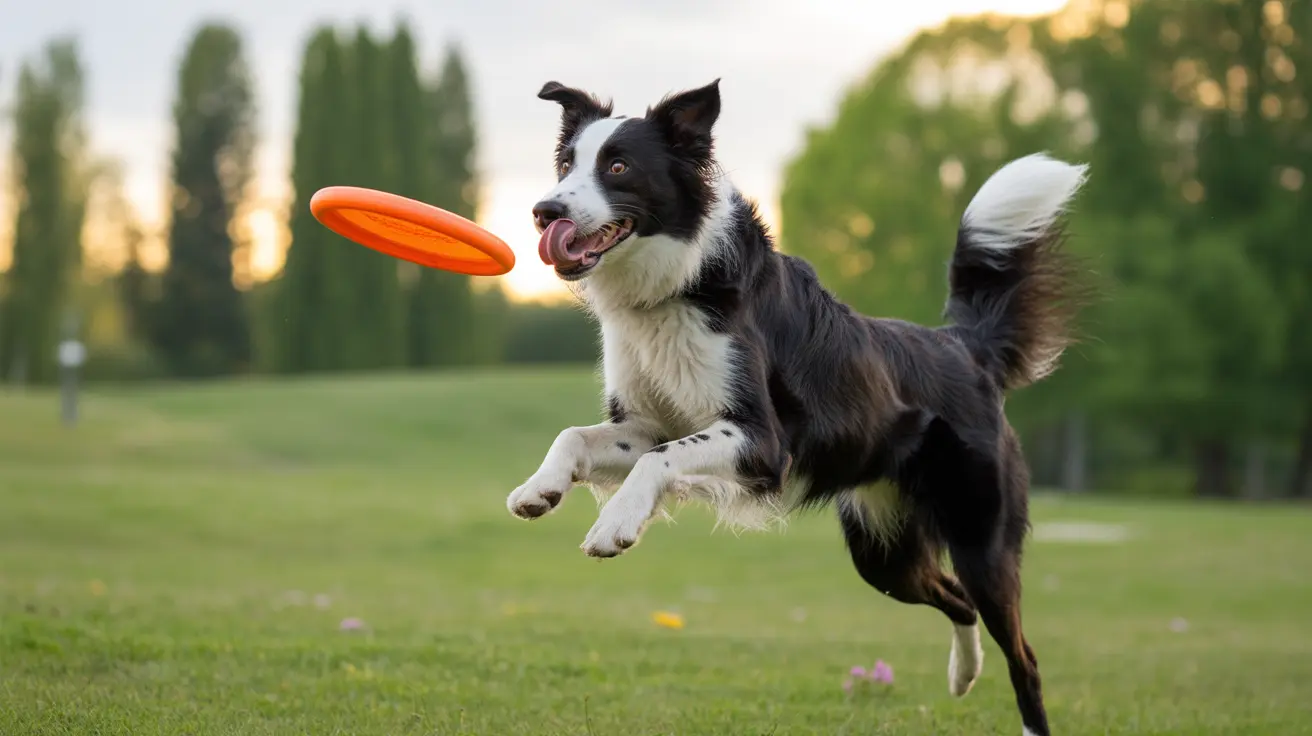Have you ever wondered just how smart your furry friend really is? Understanding a dog's IQ is fascinating, as these remarkable animals possess complex cognitive abilities that often parallel those of young children. While we can't simply hand our four-legged companions a standard IQ test, scientists have developed sophisticated ways to measure and understand canine intelligence.
Research shows that dogs typically demonstrate intelligence comparable to that of a 2 to 2.5-year-old human child, with cognitive abilities that include problem-solving, emotional understanding, and impressive social intelligence. Let's dive deep into what we know about dogs' intellectual capabilities and how they compare to human intelligence.
How Scientists Measure Dog Intelligence
Researchers use various standardized tests and observations to evaluate canine cognitive abilities. These assessments focus on several key areas:
- Problem-solving capabilities
- Memory retention
- Social intelligence
- Command comprehension
- Emotional understanding
- Adaptive learning abilities
Professional cognitive assessments like the smartDOG test battery have evaluated thousands of dogs, providing valuable insights into canine intelligence across different breeds and individuals.
Understanding the Human-Dog Intelligence Comparison
When we talk about a dog's IQ in human terms, it's important to note that the comparison isn't entirely straightforward. Dogs possess unique cognitive strengths that don't always have direct human equivalents. However, research indicates that the average dog demonstrates problem-solving abilities and language comprehension similar to a young toddler.
Most dogs can understand over 150 words and basic arithmetic concepts, demonstrating significant cognitive capabilities. Some exceptional dogs, particularly working breeds like Border Collies, can learn hundreds of words and demonstrate advanced problem-solving skills.
Factors That Influence Dog Intelligence
Several key factors contribute to a dog's cognitive abilities:
- Genetic predisposition
- Early socialization
- Training and environmental enrichment
- Breed-specific traits
- Individual personality differences
Regular mental stimulation and positive training experiences can help maximize a dog's cognitive potential, regardless of breed or natural aptitude.
The Unique Nature of Canine Cognition
Dogs excel in areas that make them particularly well-suited as human companions. Their emotional intelligence and ability to read human cues are especially remarkable. MRI studies have shown that dogs' brains respond to human praise in ways similar to how our own brains process positive feedback.
These abilities go beyond what we typically measure in traditional intelligence tests, demonstrating that dogs possess a unique form of intelligence specifically adapted to living and working with humans.
Frequently Asked Questions
What is a dog's IQ and how is it measured?
A dog's IQ is measured through standardized tests that evaluate problem-solving, memory, social intelligence, and command comprehension. While not directly comparable to human IQ tests, these assessments help understand canine cognitive abilities relative to human development stages.
Is a dog's intelligence really similar to that of a human child, and if so, how?
Yes, studies show that dogs typically demonstrate intelligence comparable to a 2-2.5-year-old child. This includes understanding basic arithmetic, recognizing over 150 words, and showing similar social-emotional comprehension levels.
How can I test my own dog's intelligence at home?
You can assess your dog's intelligence through simple tests like hiding treats under cups, teaching new commands, or observing problem-solving abilities. However, remember that these home tests are informal and shouldn't be considered definitive measures of intelligence.
Do some dog breeds have higher IQs than others, and which ones are considered the smartest?
While certain breeds like Border Collies, Poodles, and German Shepherds consistently score high on intelligence tests, individual variation within breeds can be significant. Each breed may excel in different areas based on their historical working purposes.
Can a dog's intelligence be improved through training and socialization?
Yes, regular mental stimulation, positive training experiences, and consistent socialization can enhance a dog's cognitive abilities. While basic intelligence is inherited, environmental factors play a crucial role in developing a dog's full potential.
Conclusion
While measuring a dog's IQ on the human scale provides interesting insights, it's important to remember that canine intelligence is unique and multifaceted. Dogs possess remarkable cognitive abilities that make them exceptional companions, even if these capabilities don't always align perfectly with human measures of intelligence.






